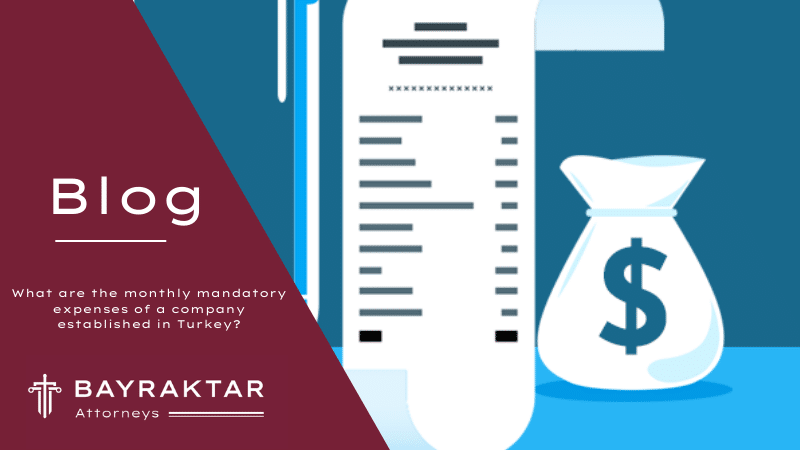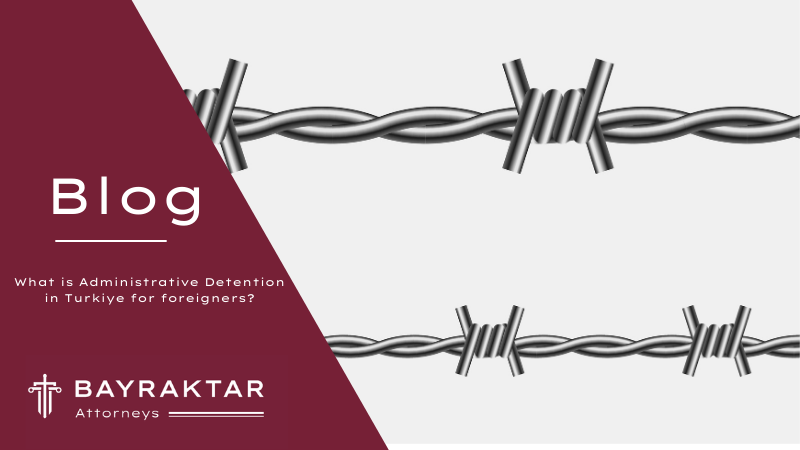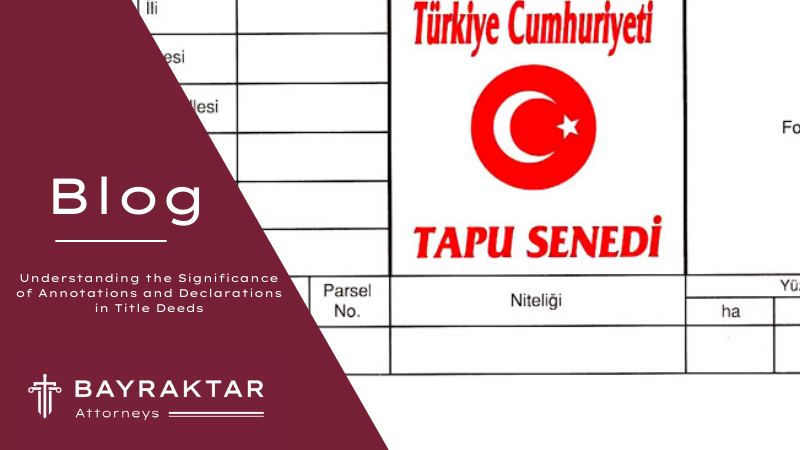
What are the monthly mandatory expenses of a company established in Turkey?
- VAT and other taxes on a monthly basis
- Insurance premiums paid for employees
- Insurance premium payment to the managers in the amount determined in that year
- Payment of taxes under the name of withholding every 3 months (If a company has at least one insured employee, withholding must be declared monthly)
- Corporate tax once a year
- Professional chamber membership fee once a year
- Certification fee of the books once a year
- Office rent
- Financial consultant fee
How about lawyer fees? Is it not mandatory to work with a lawyer on a monthly basis?
Although it is recommended to work with a lawyer on a monthly basis for companies established in Turkey, in accordance with Article 35/3 of the Attorneyship Law No. 1136, Joint Stock Companies with a capital of 250,000 TRY or more are required to either employ a lawyer on their payroll or receive continuous service from a lawyer on a contractual basis.
This means it’s not mandatory for the other type of companies to hire a lawyer but Joint Stock Companies are required provided their capital is over 250,000 TRY.
- In Turkey, all companies are required to register with the Trade Registry Office and obtain a tax ID number before starting their operations. This process involves paying a one-time registration fee, which varies depending on the type of company and its capital.
- Value-added tax (VAT) is a consumption tax that is levied on most goods and services in Turkey. Companies are required to collect VAT from their customers and remit it to the tax authorities on a monthly basis. The standard VAT rate in Turkey is 20%, although there are reduced rates for certain goods and services.
- In addition to VAT, companies are also required to pay various other taxes and social security contributions on a monthly basis. These include income tax withheld from employees’ salaries, social security contributions for both employees and employers and a range of other taxes and levies.
- Insurance is mandatory for all employees in Turkey, and companies must pay premiums for their employees’ health, pension, and unemployment insurance. The exact amount of these premiums varies depending on the employee’s salary and other factors.
- Corporate income tax is levied on the profits of Turkish companies, at a rate of 25%. Companies must file an annual tax return and pay any outstanding tax liabilities by the end of April of the following year.
- Professional chambers are associations that represent various professions in Turkey, and companies in certain sectors are required to be a member of the relevant chamber. For example, companies in the construction sector are required to be a member of the Chamber of Architects and Engineers.
- Certification fees are charged by the tax authorities for auditing and certifying a company’s financial records. This is typically done once a year, although it may be required more frequently for larger companies.
- Office rent and other operating expenses can vary widely depending on the location and size of the company. It is important for companies to budget carefully and manage their expenses effectively in order to ensure long-term success.
- While it is not mandatory for all companies to work with a lawyer on a monthly basis, many companies find it helpful to have access to legal advice and support. This can help companies avoid legal disputes, comply with relevant regulations, and protect their interests in various legal matters. It is therefore recommended that companies of all sizes consider working with a lawyer, even if it is not strictly required by law.
Contact us for more information.







